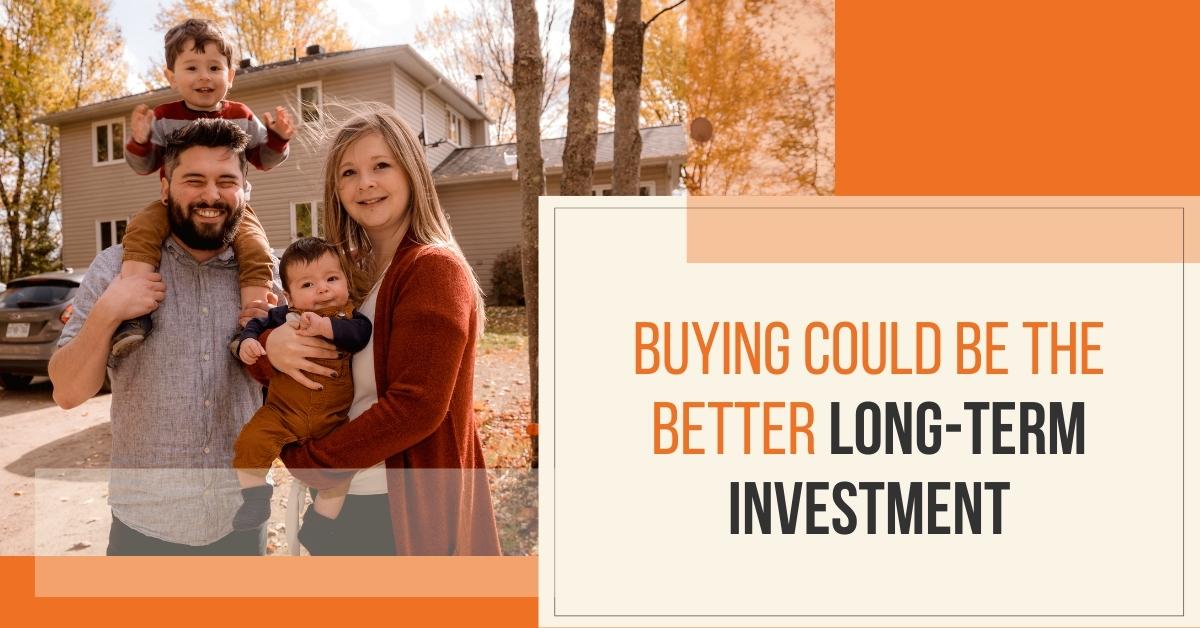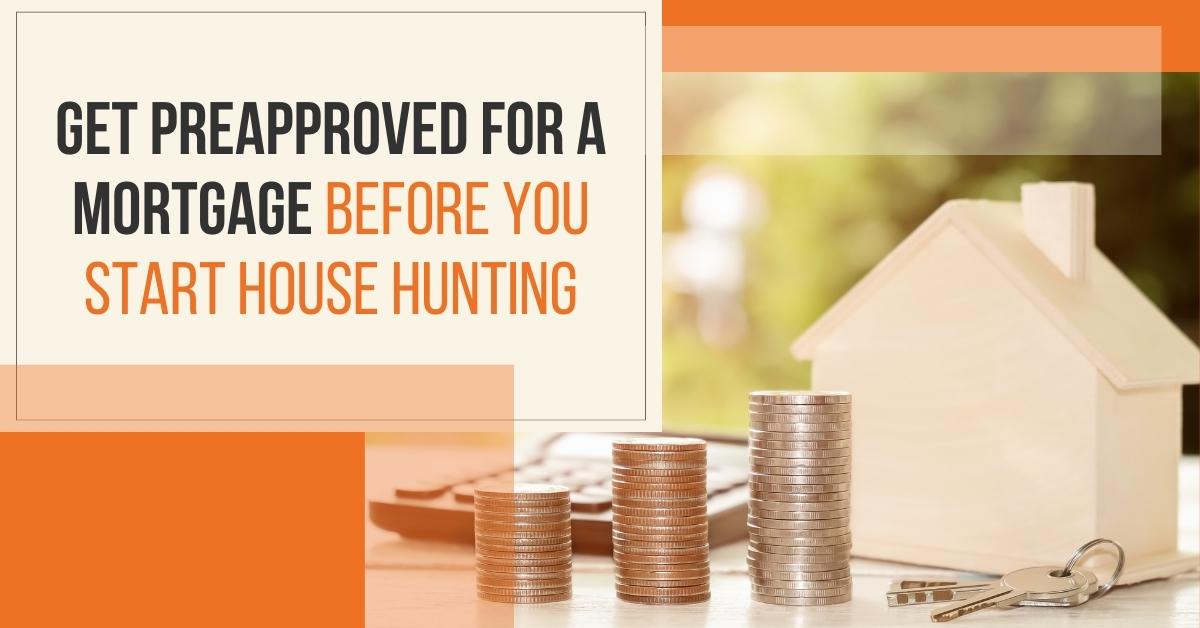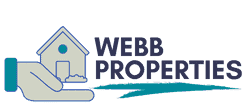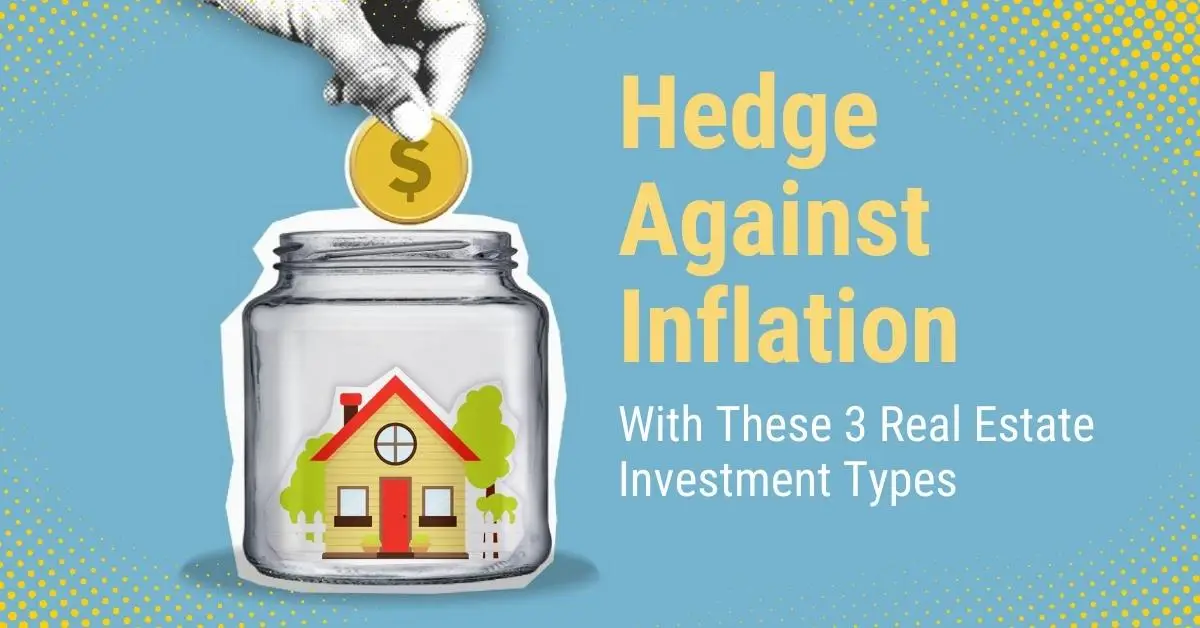Deciding whether it is a good time to buy your first home is never an easy decision. But in today’s whirlwind market, you may find it even more challenging.
A real estate boom during the pandemic pushed home prices to an all-time high.1 Add higher mortgage rates, and some buyers are wondering if they should wait to see if prices (or rates) come down.
So, Should I buy now? There’s a lot to consider when it comes to buying your first home. Consider the following questions:
- How long do I plan to stay in the home?
You’ll get the most financial benefit from a home purchase if you own the property for at least five years.3 If you plan to sell in a shorter period of time, a home purchase may not be the best choice for you.
There are costs associated with buying and selling a home, and it may take time for the property’s value to rise enough to offset those expenditures.
Even though housing markets shift from one year to the next, you’ll typically find that a home’s value will ride out a market’s ups and downs and appreciate over time.4 The longer you own a property, the more you benefit from its appreciation (historically speaking).
Once you’ve found a community that you’d like to stay in for several years, then buying can really pay off. You’ll not only benefit from appreciation, but you’ll also build equity as you pay down your mortgage – and you’ll have more security and stability overall.
Also important: If you plan to stay in the home for the life of the mortgage, there will come a time when you no longer have to make those payments. As a result, your housing costs will drop dramatically, while your equity (and net worth) continue to grow.

- Is it better to buy or rent (in my area)?
If you plan to stay put for at least five years, you should consider whether buying or renting is the better bargain in your area.
One helpful tool for deciding is a neighbourhood’s price-to-rent ratio: just divide the median home price by the median yearly rent price. The higher the price-to-rent ratio is, the more expensive it is to buy compared to rent.5 Keep in mind, this equation provides only a snapshot of where the market stands today. It may not account for the full impact of rising home values and rent increases over the long term.
According to data from the Canadian Real Estate Association, a homeowner who purchased an average-priced Canadian home 10 years ago would have gained roughly $285,000 in equity — all while maintaining a steady mortgage payment.6,7
In contrast, someone who chose to rent during that same period would have not only missed out on those equity gains, but they would have also seen average Canadian rental prices increase by around 34%.8
So even if renting seems like a better bargain today, buying could be the better long-term financial play.
- Can I afford to be a homeowner?
If you determine that buying a home is the better value, you’ll want to evaluate your financial readiness.
Start by examining how much you have in savings. After committing a down payment and closing costs, will you still have enough money left over for unforeseen expenses and emergencies? If not, that’s a sign you may be better off waiting until you’ve built a larger rainy-day fund.
Then consider your monthly budget – as the mortgage payment won’t be your only expense going forward. You’ll want to factor in property taxes, home owners insurance, condo fees (if applicable) and extra money for ongoing maintenance, and repairs.
Still, you could find that the monthly cost of home-ownership is comparable to renting, especially if you make a sizable down payment. Landlords often pass the extra costs of home owning onto tenants anyway, so Renting is not always the cheaper option.
Even though you’ll be in charge of your home’s upkeep if you buy, you’ll also be the one who will benefit from the fruits of your investment, otherwise known as sweat equity. Every major upgrade, will make your home a nicer place to live and boost your home’s market value.
If you want to buy a home but aren’t sure you can afford it, give us a call, we can give you a realistic assessment of your options and help you determine if your home owning dreams are within reach. Plus, we know a few motivated mortgage brokers who will be more than happy to evaluate the situation.

- Can I qualify for a mortgage?
If you’re prepared to handle the costs of home ownership, you’ll next want to look into getting pre-approved by your mortgage broker (lender).
These days, every borrower who applies for a mortgage from a federally-regulated lender, such as a bank, must pass a mortgage stress test. (Some smaller lenders that aren’t federally regulated, such as credit unions, may also put your mortgage application through a stress test, but they aren’t required to do so.)9
To conduct the test, a lender will consider your qualifying income, estimated expenses (such as condo fees or non-mortgage-related debt), and mortgage amount and calculate whether you would be able to afford the mortgage if your rate rose by a certain amount. You can also conduct your own mock stress test by inputting some income and expense estimates into the Government of Canada’s Mortgage Qualifier Tool.10
Every lender will also have its own approval criteria separate from the feds’ minimum. But, in general, you can expect a creditor to evaluate your job stability, credit history, and savings to make sure you can handle a monthly mortgage payment.
For example, lenders like to see evidence that your income is stable and predictable. So if you’re self-employed, you may need to provide additional documentation proving that your earnings are dependable. A lender will also compare your monthly debt payments to your income to make sure you aren’t at risk of becoming financially overextended.
In addition, a lender will check your credit report to verify that you have a history of on-time payments and can be trusted to pay your bills. Generally, the higher your credit score, the better your odds of securing a good rate.
Whatever your circumstances, it’s always a good idea to get pre-approved for a mortgage before you start house hunting. Let us know if you’re interested, and we’ll give you a referral to a good mortgage broker or use your bank if more comfortable.
Want to learn more about applying for a mortgage? See our other blog post entitled: “8 Strategies to Secure a Lower Mortgage Rate”
- How would owning a home change my life?
Before you begin the pre-approval process, however, it’s important to consider how home-ownership would affect your life, aside from the long-term financial gains.
In general, you should be prepared to invest more time and energy in owning a home than you do renting. There can be a fair amount of upkeep involved, especially if you buy a fixer-upper or over-commit yourself to a lot of DIY projects. If you’ve only lived in an apartment, for example, you could be surprised by the amount of time you spend maintaining a lawn.
On the other hand, you might relish the chance to tinker in your very own garden, make HGTV-inspired improvements, or play with your dog in a big backyard. Or, if you’re more social, you might enjoy hosting family gatherings or attending block parties with other committed homeowners.
The great thing about owning a home is that you can generally do what you want with it – even if that means painting your walls fiesta red one month and eggplant purple the next.
The choice – is yours.
HAVE MORE QUESTIONS? WE’VE GOT ANSWERS
The decision to buy or rent a home is among the most consequential you will make in your lifetime. We can make the process easier by helping you compare your options using real-time local market data. So don’t hesitate to reach out for a personalized consultation, regardless of where you are in your deliberations. We’d be happy to answer your questions and identify actionable steps you can take now to reach your long-term goals.
The above references an opinion and is for informational purposes only. It is not intended to be financial, legal, or tax advice. Consult the appropriate professionals for advice regarding your individual needs.
Sources:
- Canadian Real Estate Association (CREA) –
https://stats.crea.ca/en-CA/ - Financial Post – https://financialpost.com/real-estate/nowhere-to-live-rents-in-canada-surge-as-home-prices-fall
- Wealthsimple –
https://www.wealthsimple.com/en-ca/magazine/buying-vs-renting-your-home - Trading Economics –
https://tradingeconomics.com/canada/housing-index - Investopedia –
https://www.investopedia.com/terms/p/price-to-rent-ratio.asp - CBC –
https://www.cbc.ca/news/business/average-home-price-ticked-2-lower-in-july-1.1281984 - Canadian Real Estate Association (CREA) –
https://stats.crea.ca/en-CA/ - CMHC –
https://www03.cmhc-schl.gc.ca/hmip-pimh/en/TableMapChart/TableMatchingCriteria?GeographyType=Country&GeographyId=1&CategoryLevel1=Primary%20Rental%20Market&CategoryLevel2=Average%20Rent%20%28%24%29&ColumnField=2&RowField=TIMESERIES#timeperiod - Government of Canada – https://www.canada.ca/en/financial-consumer-agency/services/mortgages/preparing-mortgage.html
- Financial Consumer Agency of Canada – https://itools-ioutils.fcac-acfc.gc.ca/MQ-HQ/MQ-EAPH-eng.aspx




